 Insurers with a worldwide
Insurers with a worldwide presence are set to spend over $100 billion this year on IT. That will gladden the hearts of vendors.
This is the view of IDC Financial Investments, which says that the number is an increase of 4.4 percent compared to 2014.
The global insurers want to spend this money to boost “efficiencies”, meaning that they will invest in data warehousing, claims and policy administration systems.
Li-May Chew, lead director for IDC’s Financial Insights division, said that the insurers need to act.
She said: “Replacements or refreshes are required as legacy IT systems become increasingly complex, inflexible and archaic, to the point of negatively affecting technology integration and interoperability.”
In other words, they’re out of date.
The insurers want to modernise their systems and use the cloud to cut costs – and customers want the insurers to do that too.
They want to make sure their customers use PCs, mobile devices and social networks.
They need to protect themselves against fraud.
Li-May didn’t say which vendors would benefit from the increased spend – but the emphasis is on mobile computing, cloud services, social networking and big data analytics.
So the usual suspects – that is to say IBM, HP, Dell, Oracle and others will be sitting patiently waiting for the phone to ring so they can pick up the orders.
 The growth of intelligent bins will grow at a 43 percent CAGR between now and 2020, with Western Europe and the USA leading the charge.
The growth of intelligent bins will grow at a 43 percent CAGR between now and 2020, with Western Europe and the USA leading the charge. The growth of intelligent bins will grow at a 43 percent CAGR between now and 2020, with Western Europe and the USA leading the charge.
The growth of intelligent bins will grow at a 43 percent CAGR between now and 2020, with Western Europe and the USA leading the charge.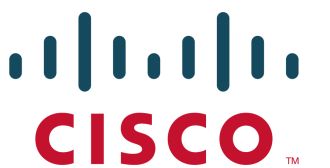 A report from networking giant Cisco revealed that only 41 percent of UK companies have good security processes in place.
A report from networking giant Cisco revealed that only 41 percent of UK companies have good security processes in place.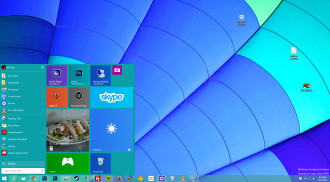 Although Windows 10 won’t launch until the second half of this year, Microsoft is attempting to keep us interested by revealing more features of the operating system.
Although Windows 10 won’t launch until the second half of this year, Microsoft is attempting to keep us interested by revealing more features of the operating system.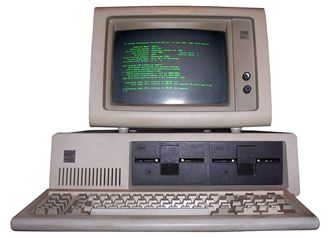 Sales of PCs in Europe, the Middle East and Africa (EMEA) grew by two percent in the fourth quarter of last year.
Sales of PCs in Europe, the Middle East and Africa (EMEA) grew by two percent in the fourth quarter of last year.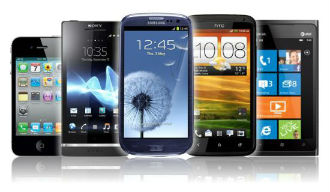 Chinese vendors managed to sell 453.4 million smartphones in 2014 – and total global shipments of the devices amounted to 1.167 billion units.
Chinese vendors managed to sell 453.4 million smartphones in 2014 – and total global shipments of the devices amounted to 1.167 billion units. Reliable sources said Nvidia is to release a number of products in March this year, while the price of existing products drops this month.
Reliable sources said Nvidia is to release a number of products in March this year, while the price of existing products drops this month. The Information Commissioner’s Office (ICO) has warned high street retailer Office after a hacker gained access to over a million customer records.
The Information Commissioner’s Office (ICO) has warned high street retailer Office after a hacker gained access to over a million customer records.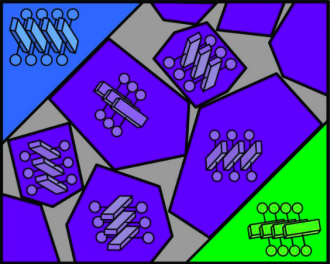 Scientists at Berkeley National Laboratory claim to have solved a problem associated with organic semiconductors.
Scientists at Berkeley National Laboratory claim to have solved a problem associated with organic semiconductors. The Serious Fraud Office (SFO) has abandoned its probe of an inquiry into Autonomy, taken over by Hewlett Packard.
The Serious Fraud Office (SFO) has abandoned its probe of an inquiry into Autonomy, taken over by Hewlett Packard. A report from Gartner said cloud services in the subcontinent will be worth $838 by the end of this year.
A report from Gartner said cloud services in the subcontinent will be worth $838 by the end of this year. The founder of hedge fund Kynikos Associates is betting against Intel’s share price and has done so for the last six months.
The founder of hedge fund Kynikos Associates is betting against Intel’s share price and has done so for the last six months. A British youth has been arrested over the hack that brought down the Playstation network and Xbox Live over the holiday period.
A British youth has been arrested over the hack that brought down the Playstation network and Xbox Live over the holiday period. Insurers with a worldwide presence are set to spend over $100 billion this year on IT. That will gladden the hearts of vendors.
Insurers with a worldwide presence are set to spend over $100 billion this year on IT. That will gladden the hearts of vendors.